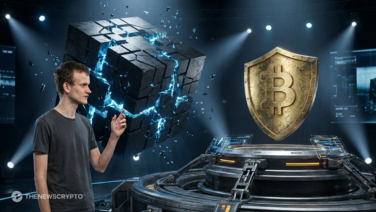No one will let you forget that Ethereum transaction prices are skyrocketing. Decentralized finance (DeFi) systems, often blamed for increasing gas costs — tokens paid to miners that validate and allow Ethereum blockchain transactions.
The issue is institutional, not DeFi-related. How institutions keep and protect digital assets affects how much they charge to trade. Since its launch on August 5, the Ethereum London Hard Fork upgrade has had little effect on transaction costs.
The MultiSig platform is used to protect digital assets by exchanges, custodians, and asset managers. Several years ago, MultiSig was regarded as a way to protect a private key. Notably, the Ethereum blockchain does not natively allow MultiSig systems. Instead, institutions must execute MultiSig smart contracts (i.e., a smart contract that accepts deposits and requires multiple signatures to withdraw from it).
Forsake Blockchain Transaction
A congested network may impede the growth of Ethereum-based projects, as well as people’s wallets.
Regarding Ethereum’s high transaction costs, @colepfief mentioned:
Since all cryptocurrency exchanges impose normal Ethereum gas costs on all withdrawals. Smaller capital traders may eventually face the pressure to forsake blockchain transactions in favor of the big boys. Companies are looking for ways to expand their business at reduced costs without sacrificing security, as every mature industry has seen.
To minimize costs and set up fees, institutions should reevaluate their infrastructure. Moreover, explore alternatives that don’t rely on individual blockchains. Thus, simple mirroring MultiSig architecture on Ethereum would not be enough to eliminate gas cost payments. Thus, using other methods might help relieve congestion on the second biggest blockchain.
Recommended for You








